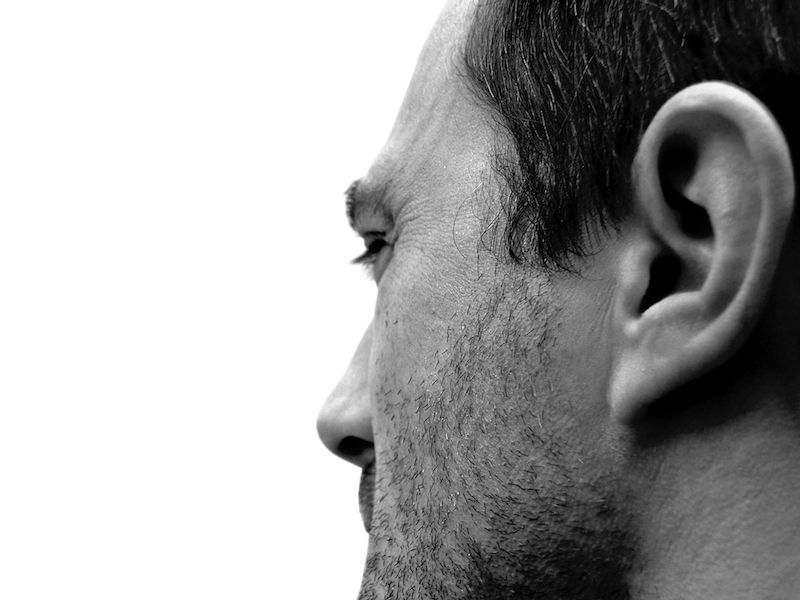
Tinnitus symptoms are almost never constant; they seem to come and go, often for no apparent reason at all. Perhaps you’re climbing into bed one night and, apparently without warning, your ears start ringing badly. As you lie in bed, you think back over your day, and there are no clear reasons for this event: There is no discernible reason why, at 9 PM, ringing starts taking place, no noisy music, no loud fire alarms, nothing.
So perhaps the food you ate may be the answer. Usually we don’t link the idea of food with hearing, but there’s a bit of research and evidence to suggest that certain foods can make tinnitus worse. In order to avoid those foods, it’s important to find out what they are.
Which Foods Make Tinnitus Worse?
So let’s get right down to it. You want to find out which kind of foods you should avoid so you can make certain you never have to experience one of those food-produced tinnitus episodes again. Here are some foods to avoid:
Alcohol
Alcohol and tobacco should be high on the list of items to avoid. You will definitely want to abstain from drinking and smoking in order to lessen your risk of a tinnitus flare up’s despite the fact that tobacco isn’t really a food.
Your overall health can be significantly impacted by tobacco and alcohol particularly your blood pressure. The more you drink (and smoke), the more likely a tinnitus flare up will be.
Sodium
One of the best predictors of tinnitus episodes is your blood pressure. When your blood pressure goes up, your tinnitus becomes worse. That’s why when you make your list of foods to avoid, sodium should be at the top. You’ll want to drastically reduce your sodium consumption whether you use salt on everything or you just love to eat french fries.
There are a few foods that you don’t normally consider to be high in sodium such as ice cream. But to prevent any sudden tinnitus episodes you will need to keep your eye on sodium content.
Fast Food
If you’re steering clear of sodium, it should come as no shock that you should also be avoiding fast food. Even fast food places that claim to be a more healthy alternative serve food that is extremely high in sodium and fat. And, again, that’s going to have a huge impact on your blood pressure and, consequently, your tinnitus. Let’s not forget the enormous drinks they serve that are extremely high in sugar. Yes you guessed it, sugar is next on this list.
Sugars and Sweets
We all enjoy candy. Well, maybe not everybody, but the majority of us. Every once in a while, you’ll encounter someone who sincerely prefers veggies over chocolate. We try not to judge.
Regrettably, sugar can completely throw off the equilibrium of glucose in your body. And a little disruption of your glucose balance can cause you to have a difficult time sleeping. In the silence of the night, while you lie there awake, it becomes a lot easier to start to hear that ringing.
Caffeine
There is an apparent reason why we kept this one for last. This is the one we’re least positive about having to eliminate. But using caffeine late in the day, whether from coffee, tea, or soda, can really mess up your sleep cycle. And your tinnitus is more likely to appear if you aren’t getting quality sleep.
It’s actually the lack of sleep, not the caffeine that’s the problem. Switch over to a beverage that doesn’t have caffeine at night and save your caffeine for the morning.
Find out What Works Best For You
This is absolutely not an exhaustive list. You’ll want to speak with your hearing specialist about any dietary modifications you may need to make. Let’s not forget that dietary modifications impact everyone in a different way, so in order to keep track of what works and what doesn’t, it might be a smart idea to keep a food journal.
Recognizing what foods can cause a tinnitus flare up can help you make wiser choices going ahead. When you begin monitoring how your ears react to different foods, the explanation for your tinnitus may become less incomprehensible.
If you decide on that evening of coffee, at least you know what you’re in for.